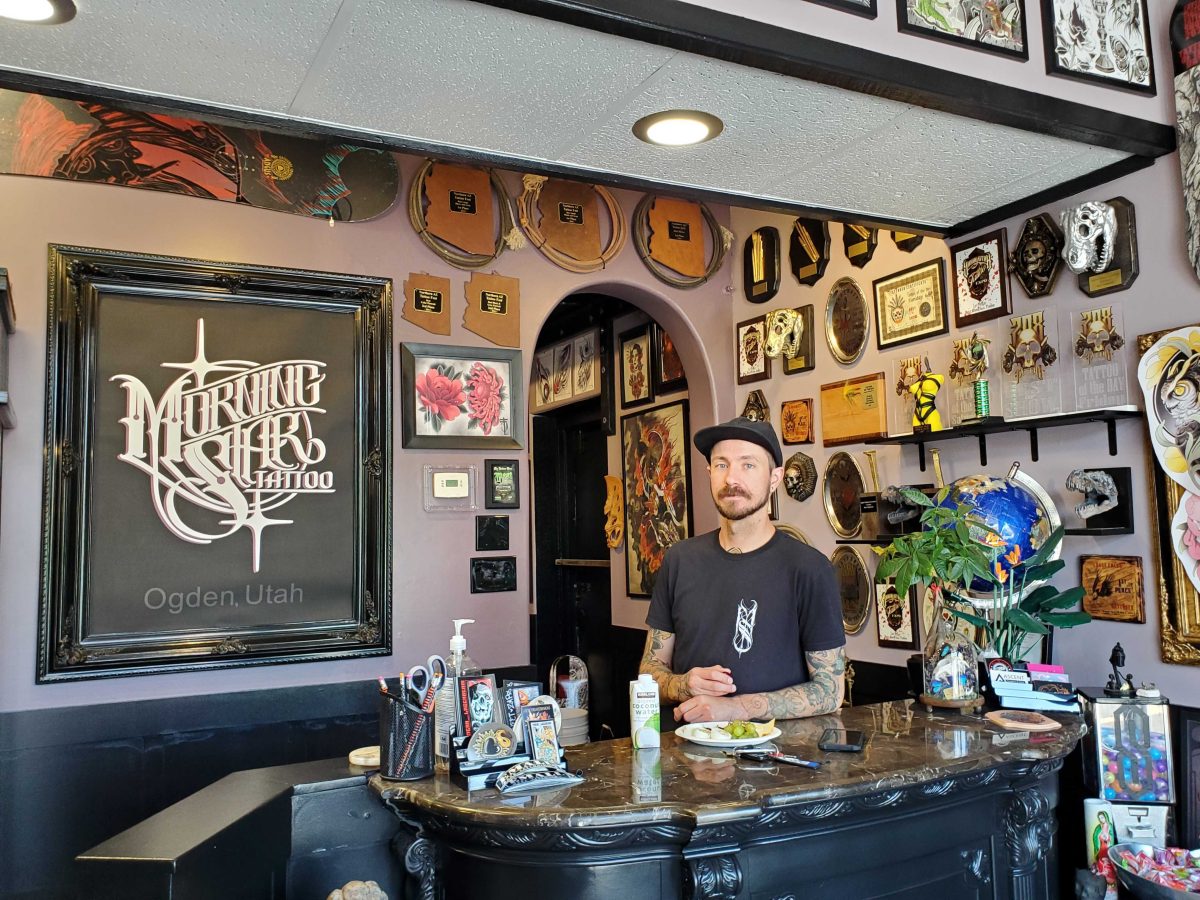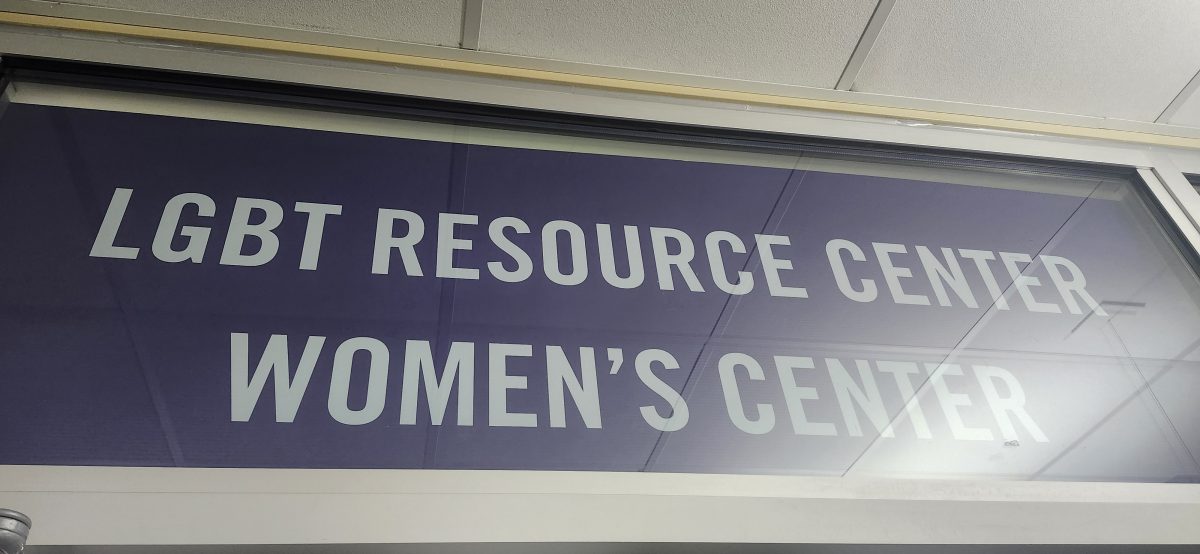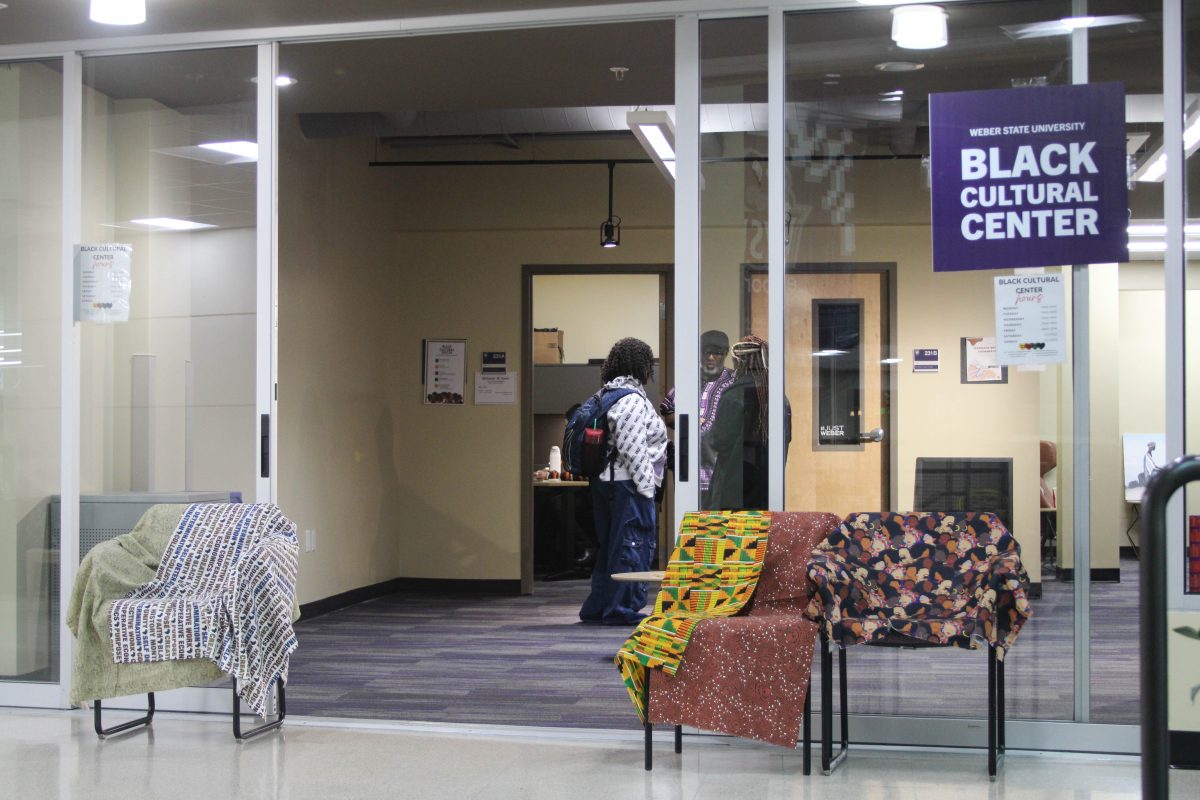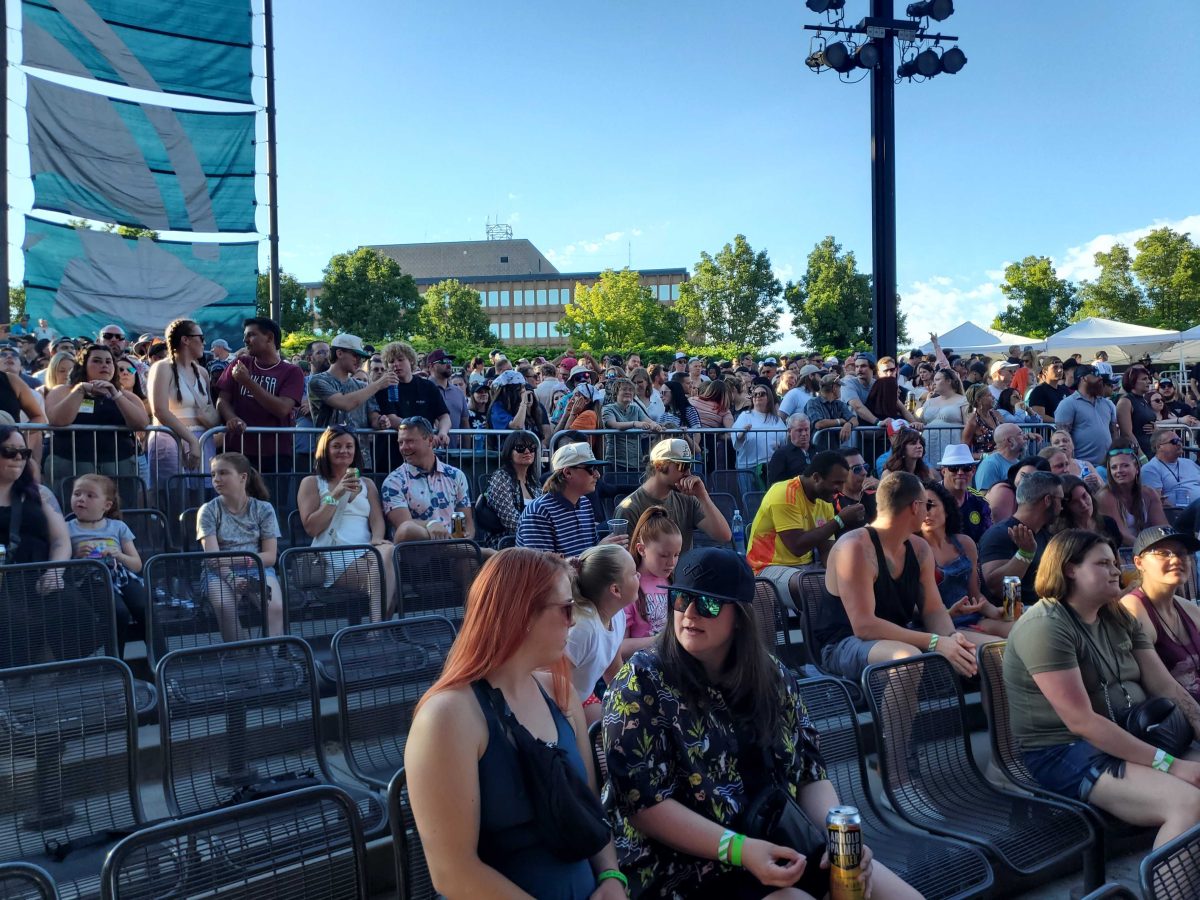A panel of five people spoke about the effect their tattoos have in their workplaces and their lives on Thursday. “Tattoos in the Workplace,” one of many Taboo Talks

hosted by the Center for Diversity and Unity, addressed questions about tattoos in the workplace, within families and in Utah’s religious population.
One of the participants, Sandi Weber, said she believes having tattoos in the workplace does make it harder in some ways.
“It’s really hard to start off . . . you have to consider how to double-sell yourself to your employer,” Weber said. “Most people change careers every 5-7 years, and you have to really ask yourself. You don’t want to make harder for yourself.”
Weber said that while some places of employment aren’t as accepting of employees with tattoos, other employers can’t seem to get enough of them.
“It differs in the industry . . . I think they’re allowed more liberty,” Weber said.
One representative (name not disclosed) from Wisebird Bookery, an independent bookstore on Harrison Boulevard, said the bookstore is accepting of tattoos in the workplace.
“As long as they’re tasteful and not offensive . . . as long as they’re in good taste, then it’s not a problem. Just as long as they’re not too high up on their neck or on their face, then they’re OK with it.”
While Wisebird Bookery appeared to be relatively accepting of employees with tattoos, Ryan Raasch, a tattoo artist on the panel, was not optimistic about those ideals reaching to all areas of the work force.
“I’ve had never had a problem (getting a job) . . . but I don’t kid myself,” Raasch said. “I know I will never be a doctor, I know I will never be a CEO. No matter how much you want it to be accepted, there’s always going to be another layer.”
Weber chimed in, saying acceptance isn’t universal outside of the workplace either.
“I would hate to bring someone into my life that my very (religious) family would harm in some way,” Weber said.
Participants also talked about several other reasons for regretting getting a tattoo. Raasch said some women regret their tattoos because they want to move up in their careers or don’t want their children to see their tattoos.
“Getting a tattoo in the first place shouldn’t be a spur-of-the-moment decision for most people,” said senior Megan Gour. “I wait six months to a year (before going through with it). I have one tattoo I’m not proud of, and I think it’s a reminder to me to think about what I’m doing, because actions are permanent.”
All of the speakers seemed happy about their decisions to get each of their tattoos.
“People come and ask questions a lot . . . it gives you a way to speak to people,” Weber said. “While (having a tattoo) does close some doors, it definitely opens up some doors.”




















